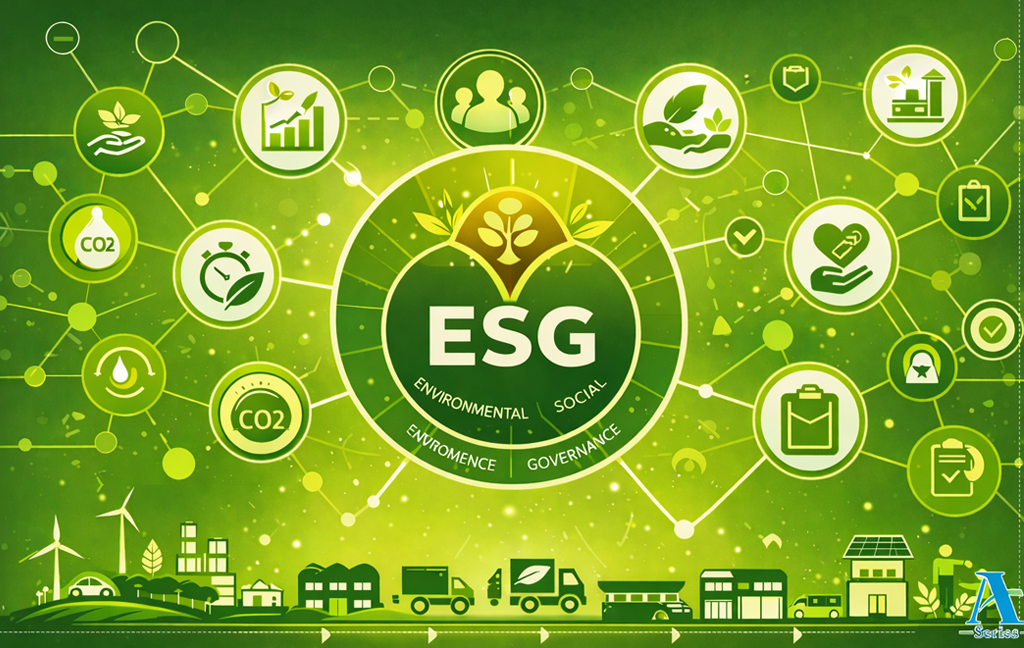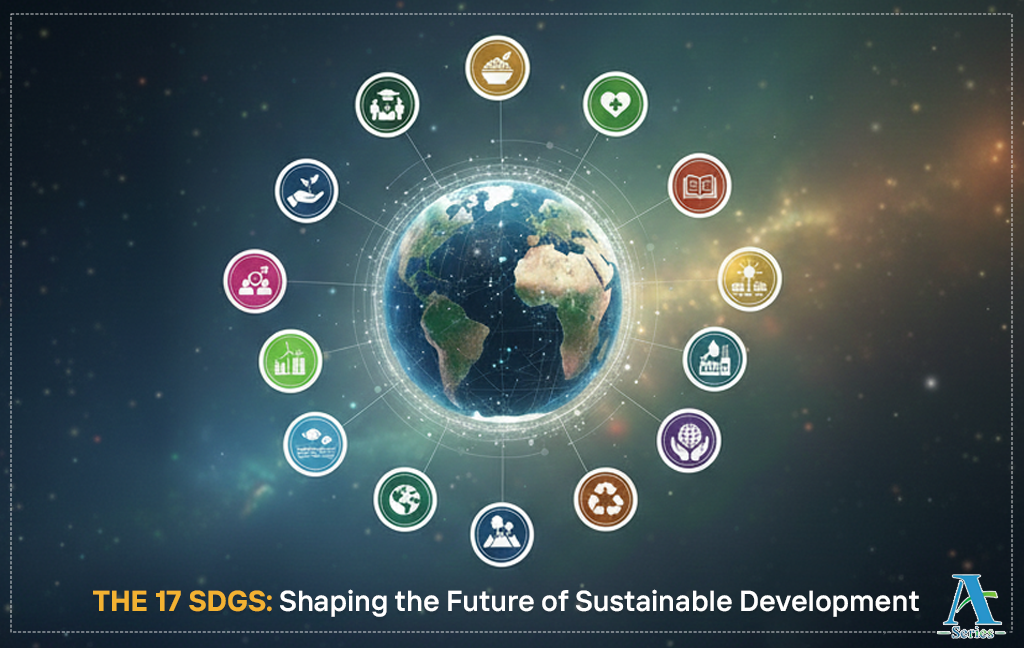Sustainability: Building a Greener Future for Generations to Come

Sustainability has become one of the most important global goals as the world faces environmental degradation, resource depletion, and climate change. At its core, sustainability is about meeting present needs without compromising the ability of future generations to meet theirs. It emphasizes the responsible use of natural resources, fostering environmental, social, and economic balance. The concept of sustainability is now embedded in business strategies, government policies, and everyday life, as we strive to build a future that promotes the well-being of both people and the planet.
What is Sustainability?
Sustainability refers to the practice of maintaining ecological balance by avoiding the depletion of natural resources. It encompasses three main pillars:
- Environmental Sustainability: The responsible management of natural resources to protect ecosystems and biodiversity. This includes reducing pollution, conserving water and energy, promoting renewable energy, and minimizing waste.
- Social Sustainability: Fostering a healthy, equitable society where human rights, labor rights, and community development are prioritized. This includes ensuring access to education, healthcare, and a decent standard of living.
- Economic Sustainability: Promoting long-term economic growth while ensuring that natural resources are used efficiently. Sustainable economic practices include promoting circular economies, responsible investment, and ethical business operations.
Why is Sustainability Important?
Sustainability is crucial because the earth's resources are finite. With increasing population growth and industrialization, the demand for resources like water, energy, and food is higher than ever before. Unsustainable practices can lead to the depletion of these resources, along with severe environmental damage such as deforestation, air and water pollution, and the loss of biodiversity.
Furthermore, climate change poses significant risks to ecosystems and human societies. Rising temperatures, extreme weather events, and sea-level rise all threaten livelihoods, food security, and infrastructure. Embracing sustainability is key to mitigating these risks and ensuring the survival of future generations.
How Can We Achieve Sustainability?
- Renewable Energy Adoption: Transitioning to renewable energy sources such as solar, wind, and hydropower is essential for reducing greenhouse gas emissions and combating climate change. These energy sources are not only environmentally friendly but also help decrease reliance on finite fossil fuels.
- Sustainable Agriculture: Practices such as crop rotation, organic farming, and reducing chemical inputs can protect soil health, improve biodiversity, and promote food security. Sustainable agriculture minimizes the environmental impact of food production while ensuring that future generations can continue to grow food.
- Waste Reduction and Recycling: Reducing, reusing, and recycling waste materials helps minimize the amount of waste sent to landfills, reduces pollution, and conserves resources. Implementing circular economy principles, where products are designed to be reused or recycled, is a critical step toward sustainability.
- Sustainable Water Management: Efficient water use, rainwater harvesting, and wastewater treatment are essential to conserving one of our most valuable resources. Sustainable water management practices help reduce water scarcity and protect aquatic ecosystems.
- Corporate Social Responsibility (CSR): Businesses have a significant role to play in promoting sustainability. By implementing sustainable practices such as reducing carbon footprints, sourcing responsibly, and engaging in ethical supply chain management, companies can contribute to environmental and social well-being.
- Sustainable Urban Development: As cities grow, sustainable urban planning is critical to creating green spaces, reducing urban sprawl, and promoting energy-efficient buildings. Sustainable cities can reduce environmental impact while improving the quality of life for their residents.
The Benefits of Sustainability
Sustainability provides numerous benefits, not only for the environment but also for society and the economy. Some key benefits include:
Environmental Protection: Reduces pollution, conserves resources, and promotes biodiversity.
Economic Growth: Encourages the creation of green jobs, boosts innovation, and promotes long-term profitability.
Social Equity: Ensures fair access to resources, improves living conditions, and enhances community well-being.
Climate Resilience: Mitigates the risks associated with climate change, protecting both people and infrastructure.
Conclusion
Sustainability is no longer just a buzzword but a necessary approach for the future. By adopting sustainable practices, individuals, businesses, and governments can help protect the environment, foster social well-being, and drive economic prosperity. Achieving sustainability requires a collective effort, but the benefits are far-reaching, ensuring a greener, healthier, and more equitable world for future generations.






